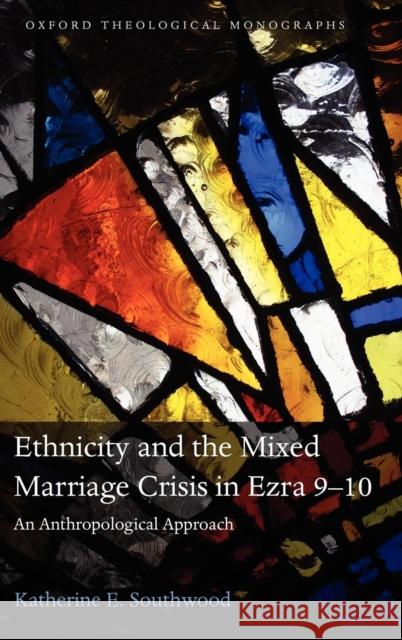Ethnicity and the Mixed Marriage Crisis in Ezra 9-10: An Anthropological Approach » książka
Ethnicity and the Mixed Marriage Crisis in Ezra 9-10: An Anthropological Approach
ISBN-13: 9780199644346 / Angielski / Twarda / 2012 / 274 str.
This book aims to bring a new way of understanding Ezra 9-10, which has become known as an intermarriage 'crisis', to the table. A number of issues, such as ethnicity, religious identity, purity, land, kinship, and migration, orbit around the central problem of intermarriage. These issues are explored in terms of their modern treatment within anthropology, and this information is used to generate a more informed, sophisticated, understanding of the chapters within Ezra itself.
The intermarriage crisis in Ezra is pivotal for our understanding of the postexilic community. As the evidence from anthropology suggests, the social consciousness of ethnic identity and resistance to the idea of intermarriage which emerges from the text point to a deeper set of problems and concerns, most significantly, relating to the complexities of return-migration.
In this study Katherine E. Southwood argues that the sense of identity which Ezra 9-10 presents is best understood by placing it within the larger context of a return migration community who seek to establish exilic boundaries when previous familiar structures of existence have been rendered obsolete by decades of existence outside the land. The complex view of ethnicity presented through the text may, therefore, reflect the ongoing ideology of a returning separatist group. The textualization of this group's tenets for Israelite identity, and for scriptural exegesis, facilitated its perpetuation by preserving a charged nexus of ideas around which the ethnic and religious identities of later communities could orbit. The multifaceted effects of return-migration may have given rise to an increased focus on ethnicity through ethnicity being realized in exile but only really being crystallized in the homeland.











